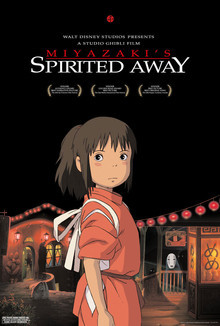
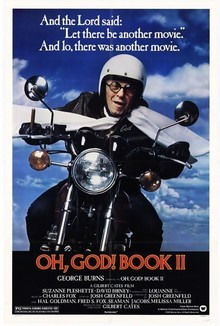
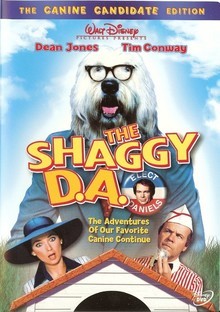
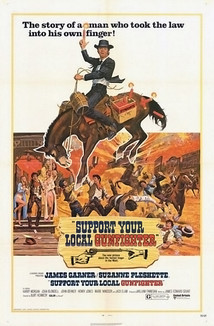
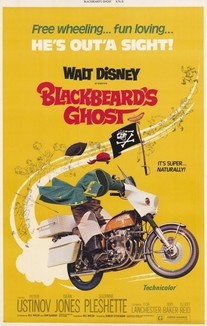
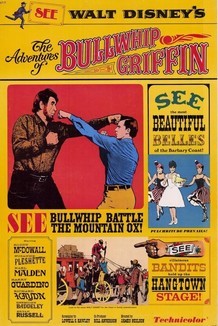
Wayne Newton and Suzanne Pleshette -- er, Emilio Estevez and Demi Moore stud the all-star cast of "Bobby."
We're told that Emilio Estevez's "Bobby" takes place at the Ambassador Hotel in Los Angeles on June 5, 1968, but it feels like it was originally released back around then. It's "Earthquake" with the RFK assassination as the disaster. It's "Airport." It's "The Towering Inferno." A whole bunch of familiar actors play "colorful" characters swarming around the hotel, and their day will culminate in the death of a Kennedy. They talk about the movies -- new stuff like "The Graduate," "Bonnie and Clyde," "Planet of the Apes" -- but a retired doorman played by Anthony Hopkins explicitly invokes the model for "Bobby" and and its ilk: "Grand Hotel," the 1932 picture with Greta Garbo and an all-star cast. And "Bobby" treats the assassination as an event as strangely distant from its own present-tense as "Grand Hotel" was from 1968.
Sure, the requisite modern political parallels are present, as they are in virtually every film at the Toronto Film Festival this year. On the screen, on TVs in hotel suites, over the soundtrack, are actual speeches and sound bites from Democratic senatorial candidate Robert F. Kennedy, talking about how the country has lost its way in the quagmire of Vietnam, and championing rights for minorities and low-wage workers, etc., etc., etc. (It comes as a bit of a shock to remember that politicians were once articulate and sounded like they knew the meanings of the words they were saying.)
But why make "Bobby," which screened at the Toronto Film Festival as a "work-in-progress"? Why turn this traumatic national event into a Hollywood soap opera? The performances are fine for this kind of glitzy manufactured melodrama ("Where Were YOU When They Shot RFK?"), and on that level it's swell, trashy fun. It's just that the whole concept is inappropriate.